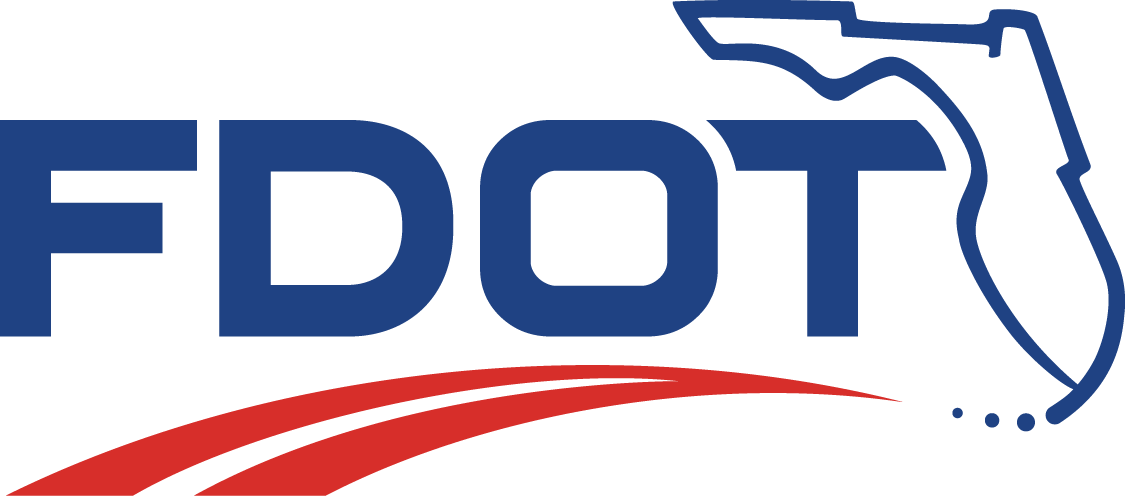Programs & Services
Programs
- Florida Seaport Transportation and Economic Development (FSTED) Program: The FSTED Program makes available a minimum of $25 million a year for specific types of port facilities or port transportation projects, requiring a 50-50 state-to-local match. While Florida’s ports are independently governed and operated, in 1990, the Legislature created Chapter 311, Florida Statute. This law authorized the Florida Seaport Transportation and Economic Development (FSTED) Program, which established a collaborative relationship between FDOT and the seaports and codified an annual seaport grant program (Sections 311.07 and 311.09, F.S.).The FSTED Program is managed by the Florida Seaport Transportation and Economic Development (FSTED) Council, which consists of the fifteen deep water port directors, the Executive Director of DEO, and the Secretary of FDOT. The FSTED Council annually solicits and approves project applications submitted by each of the individual seaports. The list of FSTED recommended projects is reviewed by DEO, FDOT, and FSTED staff to ensure that each project is consistent with state statutes, as well as master, comprehensive, economic development and transportation plans and programs.This program provides $25 million dollars' annually in grants, in addition to the $35 million allocated by FDOT annually to support bonded state revenues, for a total of $60 million dollars' in combined annual state support for the Seaports. State funding is matched by the local port, usually on a 50/50 basis.The FSTED Council is also responsible for preparing a five-year Florida Seaport Mission Plan and for the Small County Dredging Program.
- Florida's State Infrastructure Bank (SIB): Loan and credit enhancement program administered by FDOT and consisting of two separate accounts:
- Federally funded account - which is capitalized by federal money matched with state money.
- State funded account - which is capitalized by state money and bond proceeds.
- Strategic Intermodal System (SIS): Funding pool administered by FDOT to focus the State's limited transportation resources on the facilities most significant for interregional, interstate, and international travel.
- Strategic Port Investment Initiative (SPII): An FDOT managed fund which makes available a minimum of $35 million to the initiative each year. State funding is matched by the local port, requiring either a 50-50 or 75-25 state-to-local match. The initiative is funded primarily through FDOT's Strategic Intermodal System (SIS).
- Triumph Gulf Coast Grants: Following the 2010 Gulf Oil Spill, the State of Florida sued British Petroleum ("B.P") for the economic damages it sustained. B.P. and the State entered into a settlement agreement whereby Florida will receive a total of $2 billion until 2033. These funds are available to generate increased economic activity in the disproportionately affected counties, which are all located in the Florida Panhandle.
Services
- The Manager of the Seaport Office supports the Secretary or his designee as a statutory representative on the FSTED Council.
- Develop, in coordination with partners, the Statewide Seaport System Plan, which incorporates the seaport research done by both FDOT and FSTED into one plan which addresses the transportation issues of the seaport system.
- Conduct studies to implement the Seaport System Plan, as well as other associated seaport research.
- Coordinate in the formulation of the Freight Mobility and Trade Plan.
- Assist in policy formulation affecting seaports at the state and federal level.
- Assist district staff as needed to implement the Intermodal Access program.
- Coordinate with studies conducted by Metropolitan Planning Organizations and/or district offices.
- Coordinate with seaports in their Master Planning work.
- Review the annual Seaport Mission Plan developed by the FSTED Council.
- Provide information and technical support to DOT management, the Legislature, federal agencies, state agencies, districts staff, local governments, businesses and citizens as required.
- As a financing and advisory partner with the FSTED Council, coordinate the review and financing of the FSTED grant program.
- Assist in coordinating and financing oversight to seaport bond programs; develop policies, procedures, and management system components relative to seaport program functions.
- Identify, with partners, strategic seaport projects and provide recommendations for funding.
- Monitor and report on project status and Seaport Grant Agreement status statewide.
- Implement the Intermodal Logistic Center Infrastructure Support Program.
- The Seaport Office is a partner with FDOT Planning in the implementation of the Strategic Intermodal System (SIS), working with central office staff, district staff, and the eleven SIS seaports in the development of the SIS Multi-modal Needs and Cost-Feasible Plans.
- The Seaport Office is responsible for collecting, updating and transmitting seaport-related data to support SIS plans and programming needs.
